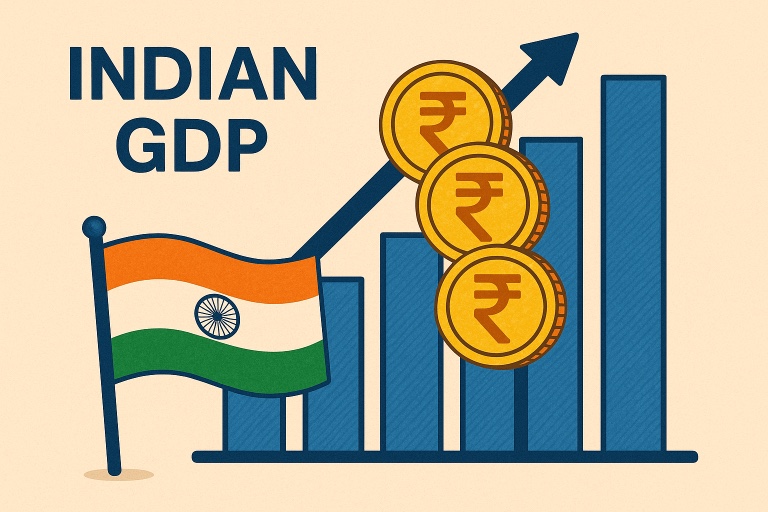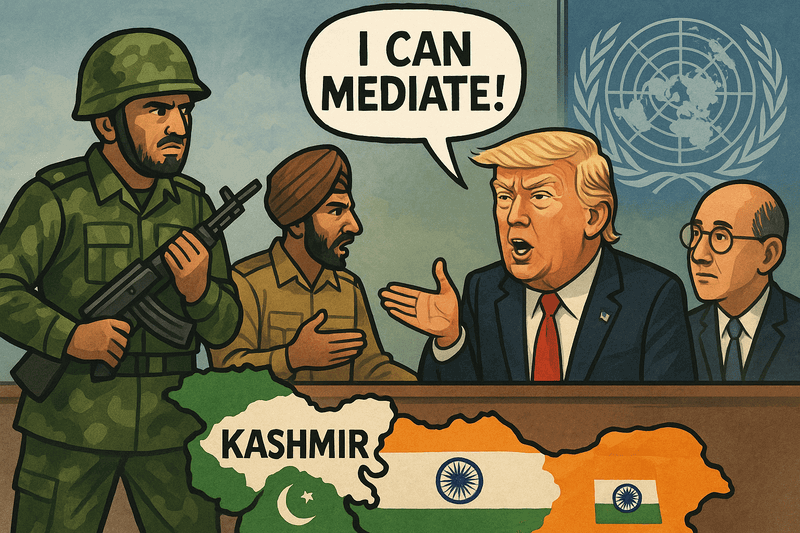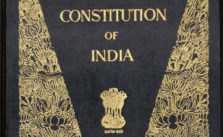The development of a country is marked by its Gross Domestic Product. So what is this Gross Domestic Product or the GDP? It seems like a very important figure because our governments are always talking about it. But how important is it really? Is it right to say that this figure is the only figure that can define development in the right terms?
GDP is the monetary value of the final goods and services produced in a period of time.
The Gross Domestic Product does not calculate the loss incurred during the period of time in which it is calculated.Now, this loss can range from damage caused to the ecosystem to decline in the living standards of people. In these cases, there is a possibility that the amount of loss is higher than the growth rate.
Economic growth cannot be an answer to every crisis. The United States of America is known to be the world’s largest economy with a total growth of $21 trillion. The country now is facing huge climatic irregularities. Thanks to global warming, a phenomenon which President Donald Trump denies to believe in.
Closer to home in India, the capital city Delhi, Jammu and Kashmir and Himachal Pradesh faced extreme climatic conditions earlier this month.
Often in a bid to achieve high rates of GDP, we forget the damage we cause to the environment which in turn can cause damage to human life, resulting in huge losses which we do not calculate while calculating the Gross Domestic Product.
With growing industrialization, the damage on our ecosystem is increasing too. Each day there are new industries popping up. These industries cause environmental damage by not sticking to the norms. The waste that comes out of these industries affects the air we breathe and the water we drink. Last year people of Thootukudi led a mass protest against Vedanta’s Sterlite Copper smelting plant. From time and again the Smelting plant had been violating the environmental norms which gradually started to affect people’s lives. On the 100th day of the protest, the police opened fire to control the situation. 14 people lost their lives. This incident is an example of how a man contributes in environmental destruction.
A balance in the ecosystem needs to be maintained for which one needs to understand the reactions that an action causes. In terms of education, there is a lot that needs to be done in India. The slow pace of qualitative improvement in this field is an outcome of less investment. If we look at the condition of education in India today, all does not look very fine. The Right to Education Act(2009) has been there since a long time now, but how far has it been fruitful still remains a question. The 13th Annual status of education report (ASER) published by NGO Pratham in 2018, gives figures on how Indian schools are doing. The report states that there are over 90000 government schools are run by a single teacher. 72.8% of students of class VIII read at class II level. This figure has surely come down from 74.6% in 2014, yet the progress is slow. According to The Lancet, a British Journal, India ranks at 66 out of 100 for its quality of education.
The 2018 World Happiness index saw India drop down 11 places. It ranked 122 in 2017. It now ranks at 133. In comparison to other SAARC countries, India, the world’s largest democracy is below them. Pakistan is at 75, Nepal at 101 and Bhutan, Bangladesh and Sri Lanka at 97,115,116 respectively. Ironically, India went up 23 places in the ease of doing business index in 2018. It went up from 100 to now at 77. Inequality, life expectancy, GDP per capita, social freedom, generosity, public trust (i.e. a lack of corruption in government and business) and social support are the parameters that are considered to calculate the Happiness index.
Development needs to be in terms of overall growth. Monetary growth is usually an outcome of extreme greed and ignorance. If we continue to consider GDP as an indicator of growth, things might turn ugly in the near future. Irregularities in climate, extinction of indigenous animals, and rise in diseases are signs for us to understand that our ways and methods are wrong and that serious interrogation is required. To say that a good GDP is a sign of a developed country is a myth.



